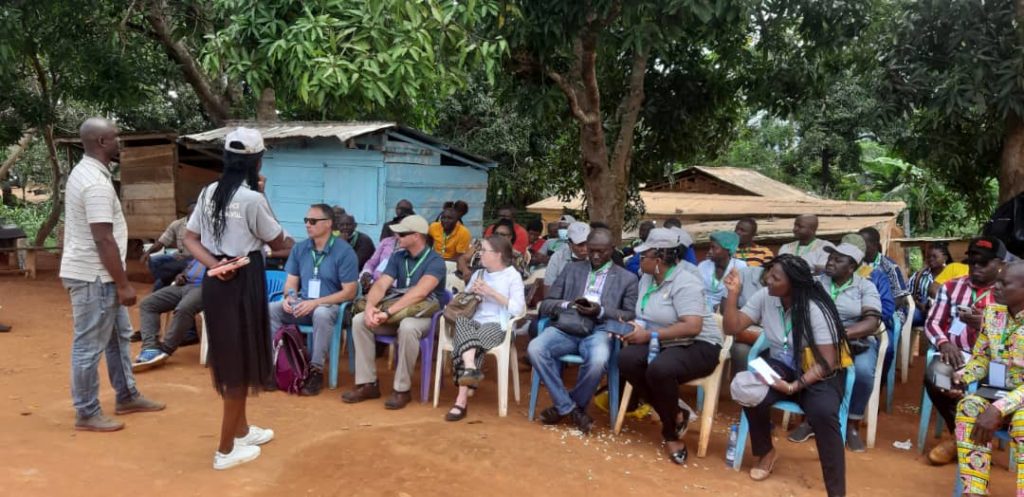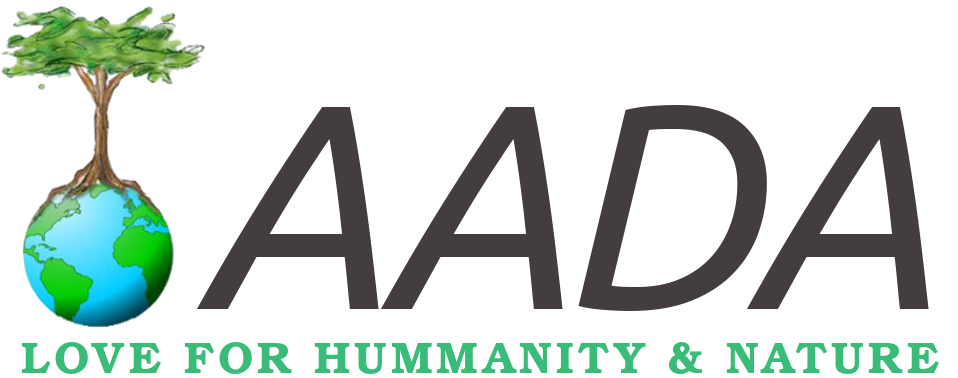


Illegal logging in the Border Regions of Cameroon and the Congo Basin remains a major concern. This over exploitation was favored by the easy financial transactions and payment methods instituted by involved persons such as money paid handy, with no banking transactions required and no trace is left after a transaction. Considering the consequences of illegal logging such as poor living standards for indigenous population, global warming and climate change, loss of biodiversity, economic losses and long-term global impact. it is imperative to combat illegal logging activities no matter how small the effort may be. Achieving sustainable forest goals requires the involvement of the grassroots communities to take the lead. Thus, building their capacity to do so is urgent. This motivates and forms the basis of this project. The workshop on Combatting Timber Trafficking in Cameroon was organized by African Alliance For Developmental Action (AADA) in association with The Environment and Natural Resources Division of the United States Department of Justice and the United States Forest Service. This took place in Franco Hotel in Yaounde Cameroon from Tuesday 24 to Saturday 28, 2022, was an opportunity to examine resourcefully various strategies of combatting illegal forest exploitation. Bearing in mind that traffickers develop on daily basis new strategies to counter the mechanisms put in place by the Government.
The main objective of this workshop was to strategize on methods of combatting illegal forestry activities in Cameroon and along the Congo Basin. By the end of the workshop, each participant was supposed to have sufficient knowledge of the applicable laws, national and international resources, and investigative techniques to be able to successfully undertake investigations, and report to competent authorities.
The opening ceremony was presided at by the Secretary General for the Ministry of Forestry and Wildlife Mr Ngwayangwa Joseph who represented the Minister. He was accompanied at the podium by the United States Ambassador to Cameroon, H.E. Christopher Lamora, Madame Elinor Coulborn of the US Department of Justice, Mr Lathan Sidebottom, Mr Jerry Hepler both of the US Forest Service and Mr Ayuk Raphael Ayuk, the CEO of AADA. In the various speeches that were delivered, one could decipher the need to intensify the fight against illegal exploitation of forest resources, which are not only a major source of revenue for the State, but a source of livelihood to the local population. After the Secretary General officially opened the workshop, the fifty (50) participants immediately went to work.
Activities included amongst others: Capacity building of forest agents on illegal forestry and timber trafficking, prevention, protection and conservation. Sessions included topics such as seizure practices, investigative techniques, best practices, trafficking techniques and routes, working with non-governmental organizations, and international collaboration. Participants were divided into four sub workshop groups in which they worked as a team, reporting their experiences, challenges and possible solutions. At the end of the workshop, participants were awarded attestations.
Subsequently, AADA will be organizing many more workshops as a means to better train participants on how to combat illegal exploitation of the forest and encourage sustainable exploitation. In September 2022 for instance, AADA will be having a second workshop to be attended by both local and international participants. This will be based mainly on illegal exploitation, trafficking technics and routes, various legal mechanisms on combatting forest trafficking by the state and their implementations, various types of Forestry Concessions, their rights and obligations, how to obtain Exploitation Permits, protected areas and protected species, the role of local communities, conservations and benefits, sharing of forestry Revenues, consequences of illegal exploitation on the State and local communities, Reforestation and sustainable management, how local communities can collaborate with Forestry Agents to fight against timber among others.
